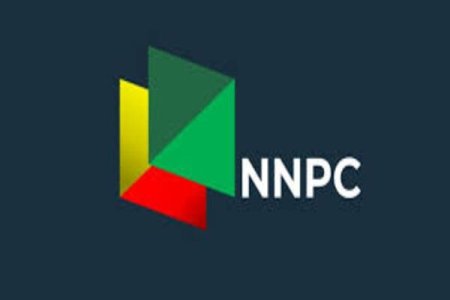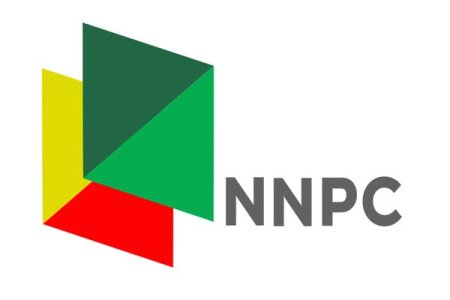
The Federal Executive Council approved Nigeria’s ₦48 trillion 2025 budget, highlighting a ₦13 trillion deficit to be financed through borrowing. The budget prioritizes infrastructure, education, health, and private-sector investment. The presentation to the National Assembly was rescheduled for December 18 to refine fiscal strategies and align with national development goals.
The Federal Executive Council (FEC) has approved Nigeria's 2025 budget proposal, totaling ₦48 trillion. Finance Minister Wale Edun revealed the ₦13 trillion deficit—3.89% of GDP—will be financed through borrowing. The budget prioritizes critical infrastructure, education, health, and industrial expansion to stimulate economic growth, diversify revenue, and create jobs.
Projected revenue is ₦34.82 trillion, while expenditure is estimated at ₦47.96 trillion, reflecting a 36.8% rise from 2024. The budget is based on an oil price benchmark of $75 per barrel, a production target of 2.06 million barrels per day, and an exchange rate of ₦1,400 per USD. The deficit marks a reduction from the 6.1% recorded in 2023.
Minister of Budget and Economic Planning, Atiku Bagudu, emphasized alignment with the administration’s "Renewed Hope Agenda" and national development plans. Notable initiatives include investments in agriculture, affordable housing, and compressed natural gas (CNG) to reduce reliance on petrol.
Meanwhile, the presentation of the budget to the National Assembly by President Bola Tinubu has been rescheduled for December 18, 2024, to incorporate FEC feedback for fiscal prudence. These measures aim to enhance investor confidence, achieve fiscal sustainability, and promote inclusive economic growth.
FEC reaffirmed its commitment to addressing ongoing economic challenges while consolidating progress made since 2024, positioning Nigeria for long-term stability.





